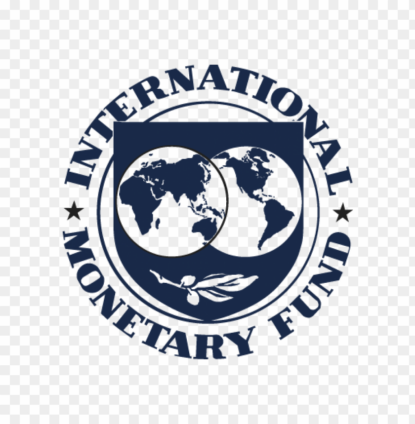Ghana’s debt service-to-revenue ratio reached an all-time high of 127% in 2020, making it the highest among the Sub-Saharan African (SSA) countries and among the highest in the world, the International Monetary Fund has revealed in its Country Report on Ghana.
This follows the Covid-19 pandemic amongst others, culminating in debt default by the country.
According to the IMF, despite the increase in debt service—particularly for domestic debt—the debt service-to-revenue indicator, however, declined to 117.5 percent in 2022.
This reflected in higher government revenues due to the resumption of the economic activity after the pandemic and higher inflation.
Before the external debt service suspension announced in December 2022, the IMF pointed out that debt-service to private external creditors constituted the largest share of the external debt service payments, accounting of for 69% in 2022.
This was followed by debt service to bilateral creditors with 20%. Gross financing needs (GFN) also reached 19.5% of Gross Domestic Product (GDP) in 2022, well above the market financing risks benchmark of 14%. Gross financing need subsequently tensions eased in 2023 due to the external debt service suspension.
These developments led to higher borrowing costs and shorter maturities.
Domestic debt increased from 24% of GDP in 2019 to 50% of GDP at end-2022. While the effective interest rate for government debt rose slightly from 10.8% in 2021 to 11% in 2022 on the back of rising domestic borrowing costs, the average time to maturity of public debt dropped from 8.2% in 2021 to 7.6%s in 2022, as most of the increase in the local currency marketable debt was at short-term maturities.
In addition, domestic debt service rose significantly and accounted for 81.7% of the public debt service burden in 2022.
Since the announcement of the debt restructuring in December 2022, the IMF said the Ghanaian authorities have mainly relied on multilateral external financing and domestic treasury bills issuance for their financing needs.
Latest Stories
-
Chiefs back Anti-Illegal Mining personnel’s raid on galamsey sites in Prestea Huni Valley
30 minutes -
Fair Wages and Salaries Commission inaugurates 7-member board to ensure equity in public sector compensation
59 minutes -
Reviving Growth: A bold step by the Bank of Ghana and the Mahama administration
1 hour -
Vice President of Ghana meets management of Afriwave Telecom
2 hours -
Honouring a Legend: Why Ghana must honour Daddy Lumba with a Posthumous PhD
2 hours -
EOCO seizes Lamborghini from Shatta Wale in FBI-backed asset recovery operation
2 hours -
NCD Alliance hails MahamaCares; urges safeguards against ‘unhealthy’ industries
2 hours -
PURC Volta/Oti office resolves over 99% of utility complaints in 2025 mid-year report
2 hours -
MTN Ghana supports Ada Asafotufiami Festival with GH₵32,000
3 hours -
Ghanaian culture takes centre stage in France at GoldCoastEvent Festival 2025
3 hours -
Mrs Sophia Wood
3 hours -
The era of high interest rates cannot be sustained – BoG Governor warns banks
3 hours -
BoG Governor urges banks to rethink lending strategy after policy rate cut
3 hours -
Finance Minister decries mismanagement at PBC, charges new board to restore integrity and viability
4 hours -
GES to dismiss supervisors, invigilators caught in exam malpractice
4 hours

